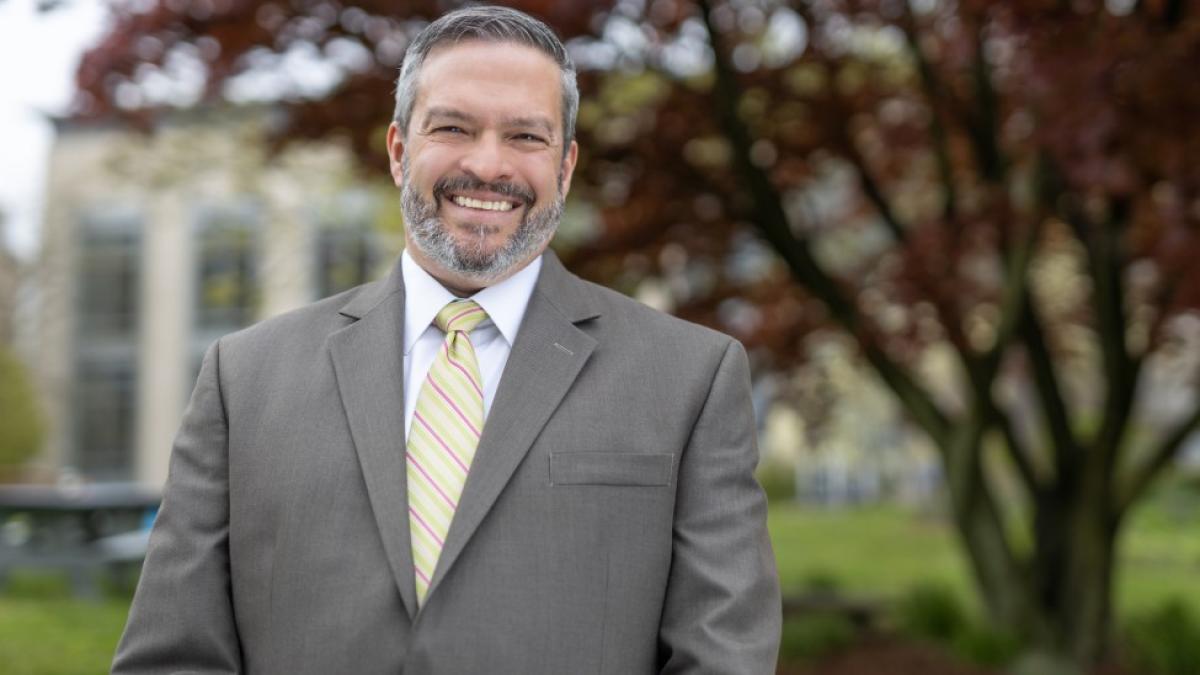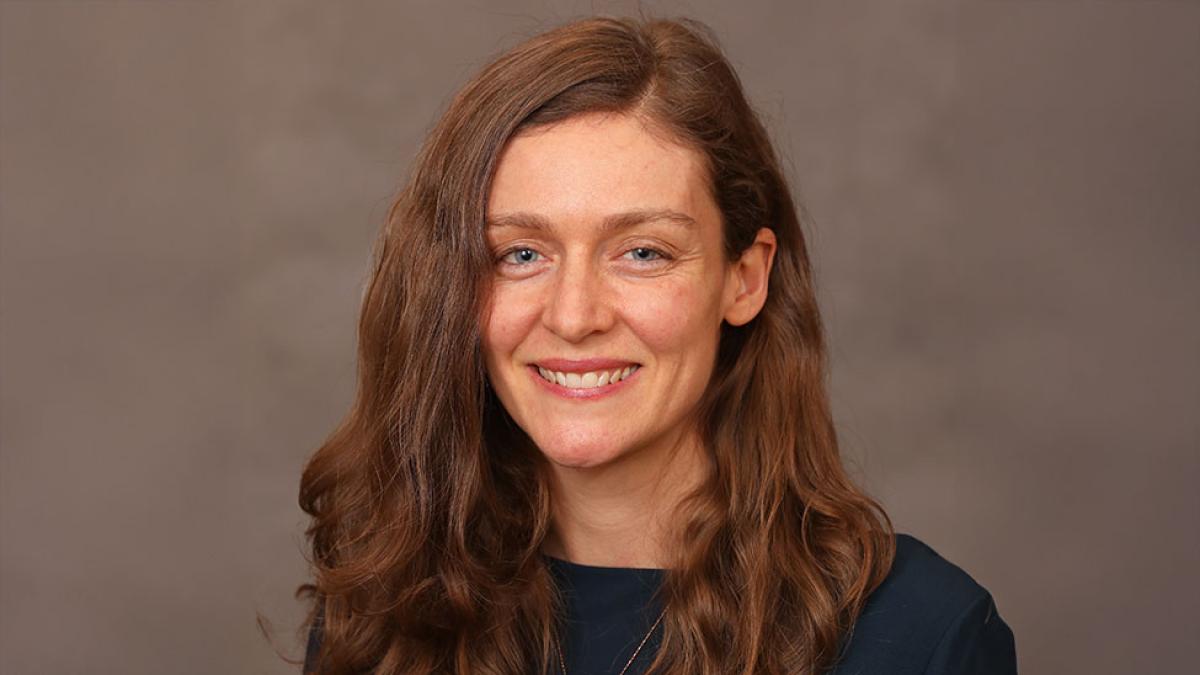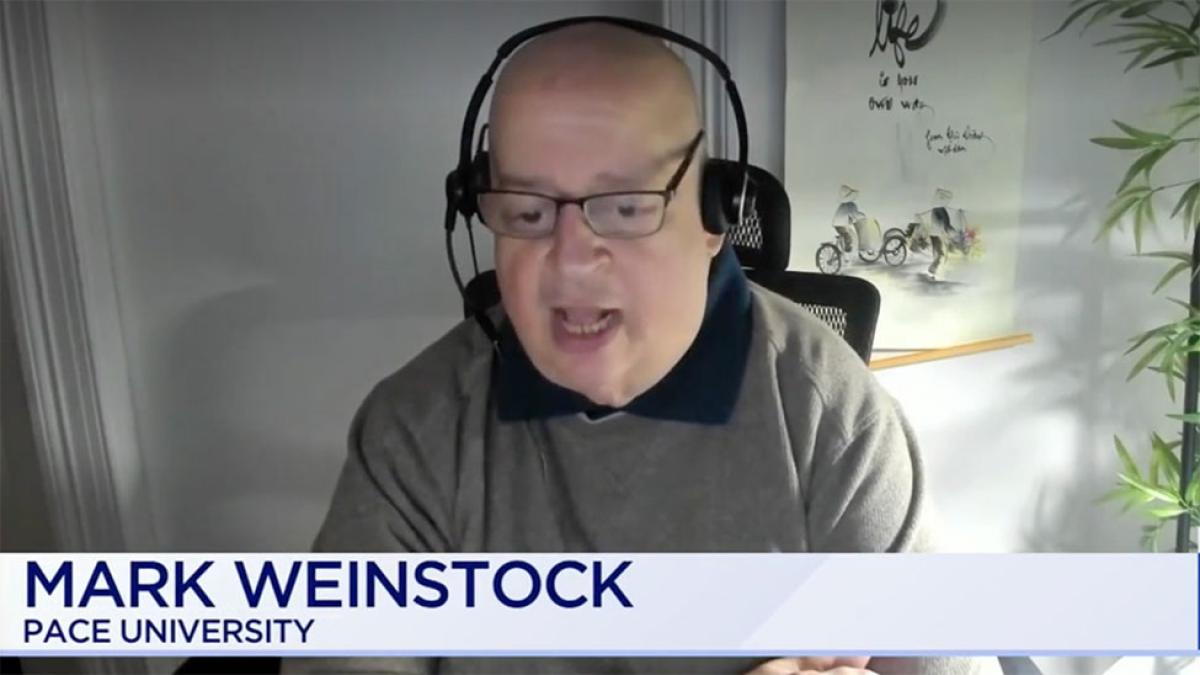John Ortega: Teaching AI with Purpose at Pace University
Artificial intelligence is moving at a lightning pace, but Seidenberg School of Computer Science and Information Systems faculty Dr. John Ortega is determined to prepare students for the AI jobs of the future.


At the pace Artificial Intelligence is transforming industries, it’s hard not to get swept up. But for Dr. John Ortega, faculty member at Pace University’s Seidenberg School of Computer Science and Information Systems, AI is more than just technology—it’s a tool for empowerment. His work in Natural Language Processing (NLP) spans a wide array of disciplines across language translation, healthcare, and analysis for legal documentation. It’s through these applications of NLP and more that Ortega aims to bridge the gap between knowledge and real-world impact.
“I try to connect student and class passion with the latest technologies,” Ortega explains. “Learning Java or operating system coding can be quite boring unless you understand where it’s used and how it can help you get a job.”
Educating the next generation of AI innovators
Ortega came to Pace excited to share his technical expertise. But there’s a lot more to it than that. For Ortega, teaching at Pace is also about mentorship, opportunity, and access. As a first-generation college graduate, he recognizes the struggles that many students face, particularly those from immigrant backgrounds.
“I wanted to teach students who have gone through similar struggles as myself,” Ortega says. “Many of my students come from first-generation immigrant homes, often speaking Spanish or another language at home.”
Understanding that being market-ready is a big concern for new graduates, Ortega designs his courses to go beyond theory and technical proficiency to incorporate real-world application. This blend of theory and practice is a cornerstone of education at the Seidenberg School of Computer Science and Information Systems.
“My classes are multi-purpose,” he explains. “We work towards proficiency in programming and AI, but also in understanding how classroom work translates to final products in the industry.”
Predicting the future of AI and NLP
It can sometimes feel like AI is progressing so rapidly it’s hard to keep up. But for those deeply embedded in the field, it’s possible to not only stay current with all of the recent developments but to envision the future.
Ortega is no different, and he has some thoughts on where AI is going in the next five years.
“Automation of the techniques that were already in place but not used much—that’s where we’re going,” he predicts. “This is already happening in the private sector. You name it, it’s there.”
One of Ortega’s current projects provides an example. Working with a team of students, Ortega is using large language models (LLMs) to increase topic discovery in legal documents. Through the systems Ortega and his team are building, the LLM combs sets of documents searching for segments of text that are semantically similar, resulting in a more efficient way of parsing multiple, complex documents for mentions of the same or similar topics.
Preparing students for future success
Above all, Ortega is focused on setting his students up to succeed in their lives and careers through a direct approach. “I am pragmatic and try not to waste time on things that won’t benefit students in the long run,” he says.
He also hopes students will consider the future job market when making decisions about their area of study.
“Students should imagine their ideal job without limiting themselves,” he advises. “It would be ideal to study current jobs and try to find out what their ideal job would be four years from now. And that job might not even exist yet.”
With a professor like Ortega, students are in no short supply of forward-thinking approaches to the opportunities of the future. And there’s much more to come. With a vision of Pace’s growth in the research and doctoral student development space, Ortega plans to impact many more early-career technologists.
“Pace University has a lot of talented students and professors willing to go the extra mile,” he says. “I’m looking forward to collaborating more with other schools in research and using AI to solve more problems in the NLP community.”
Learn more about artificial intelligence at Pace University's Seidenberg School.
Cancer-Causing Toxins Could Be Spread Over Trendy NYC Neighborhood By Gowanus Canal Dredging Project, Experts Warn
The New York Post reports that Todd D. Ommen, Managing Attorney of the Pace Environmental Litigation Clinic, criticized the EPA’s lack of transparency and community engagement, noting that residents have already endured months of foul odors from the highly toxic site.

Address Science Misinformation Not By Repeating The Facts, But By Building Conversation And Community
Environmental Science Professor Anne Toomey pens an op-ed in The Conversation on combating science misinformation, emphasizing that engaging in dialogue and building community trust is more effective than simply repeating facts.

Mornings on 1
Spectrum News NY1’s Mornings on 1 covers local reaction, reporting that Pace and NYU environmental experts are urging the EPA to take greater precautions, as Brooklyn residents fear that dredging could worsen air quality and expose the community to harmful chemicals.
Expertos Advierten Que La Escasez Y Precio De Los Huevos Podría Durar Más De Lo Esperado
Economics Professor Mark Weinstock discusses rising egg prices with Spectrum Noticias NY1, advising consumers to explore alternative food options while egg shortages persist, potentially through 2026.
